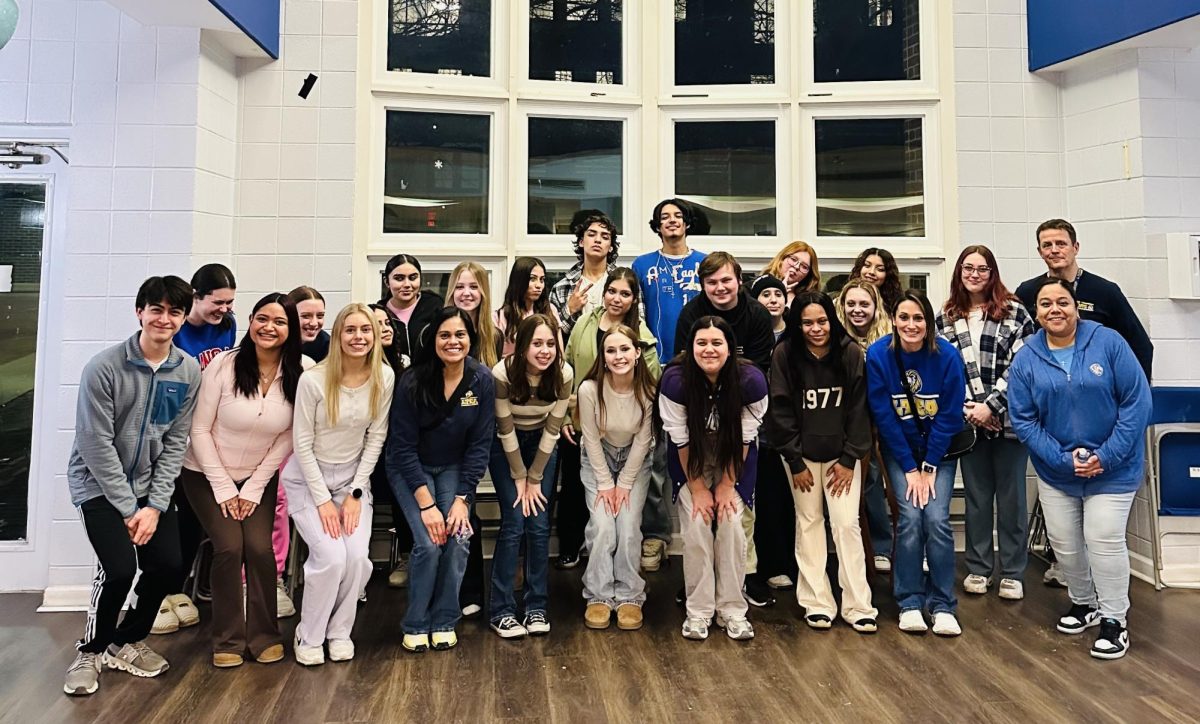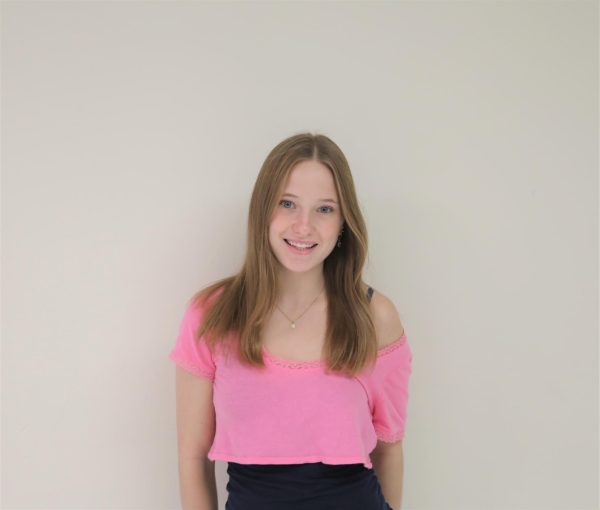On Sunday, Feb. 25, the Catholic Climate Covenant will be hosting its third Annual Catholic Youth Climate Summit at St. Ignatius College Prep. The event is open to any high school student from the Chicago area to attend and learn what it takes to make change regarding the climate issue.
This particular conference is special because Cardinal Blase J. Cupich, the archbishop of Chicago, will be holding a question and answer session with students about his plans regarding climate change. He recently announced that the district under his jurisdiction, the archdiocese, including its nearly 400 parishes, schools, and offices, will entirely shift to renewable energy.
“Students will be able to directly ask him questions about how the archdiocese is going about this transition, how can young people be involved, what more needs to be done?” said Jason Wilhite, the Activism Team Lead at Patagonia and co-creator of the summit. “So I’d say that is a really big part of this year’s summit.”
The 9 a.m to 4 p.m day includes speakers, workshops and ends with an action planning session where students meet together to create a concrete plan of what they want to take back to their individual schools. The summit begins with a Catholic mass held by Cardinal Cupich, since it takes place on a Sunday, and then prospective speakers will follow.
“This year we have a speaker who will talk about school sustainability, kind of like a how-to,” Kayla Jacobs, program manager of youth mobilization for the Catholic Climate Covenant and co-creator of the summit, said. “He’ll be talking about examples that his school, which is Loyola Academy, has done.”
How to get composting started and how to advocate for solar panels or sustainability projects at your school are two additional topics that will be covered in this presentation. The goal is to give the students an idea of what next steps they can take to get things started in their school communities, Jacobs said. Along with an additional speaker who will talk about advocacy, there will be another covering the global impacts of climate change.
“That [speaker] will give a broader overview of climate change as a whole and how it affects typically lower income communities more aggressively than higher income communities,” Jacobs said.
The summit itself is totally organized and put together by a leadership team made up of students from various schools all over the Chicago area. They work alongside Jacobs and Wilhite to become trained leaders in the climate field. Annaliese Dorchinecz ‘24 joined the team during her sophomore year and has been a part of its mission ever since.
“It’s really interesting merging faith and environmentalism,” Dorchinecz said. “I think a lot of people have the perception that Catholics are very conservative and don’t believe in climate change, but it’s actually directly part of our call to serve.”
Despite its religious label, the summit is open to anyone. Regardless of background, the climate encourages any interested parties to attend.
“Largely I think we as Catholics, and also we as adults and educators, need to work on bringing people together around this problem any way we can.” Wilhite said. “The impact will always be more widespread the more people you can get involved.”
Dorchinecz and Wilhite are also currently working on creating opportunities for students after the summit. Possibilities of this include having students in attendance sign up to participate in a meeting with Senate or House offices to talk about topics in environmentalism.
“Young people should have a seat at the table for every issue, to try to be a part of the solution,” Wilhite said. “Climate is going to disproportionately impact younger generations more than older.”
Trying to advocate alone is much more difficult than when there are others to support you. That is where the adults of the summit come in. Their goal as the Catholic Climate Covenant, and just people who care about the earth, is to have real action happen afterwards, Jacobs said.
“The point of the summit, of the leadership program, of focusing on the youth, is really just trying to level out that playing field to basically give power to the voices of the youth,” Jacobs said. “[The youth] who are already educated on the topic, already care about the topic, but might not have the doors open on how to influence the decision makers or be the decision makers themselves.”
Since the event is aimed at high school students, it creates a unique opportunity for younger voices to take control of decision making around this global issue.
“It’s our future, it’s the world that we’re going to go into and have children in.” Dorchinecz said. “[The summit] is a great way to learn what we as young people can do.”



















![Movie poster for '[Rec]" (2007).](https://www.lionnewspaper.com/wp-content/uploads/2023/04/rec-640x900.jpg)




